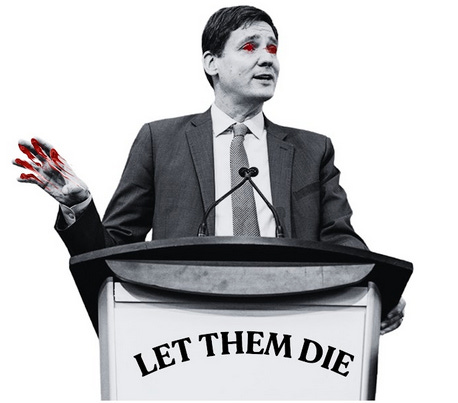Fund community safety, not displacement to nowhere in Surrey
The Chill was funded by a one-time Union of BC Municipalities grant of $700,000, which was allowed to run out. Surrey could open something new.
By Surrey Union of Drug Users’ Research & Policy Committee
In September, Surrey Union of Drug Users (SUDU) brought attention to the closure of Surrey’s only site where anyone from the public could shower and do laundry. The Cove’s Healthy Living Facility for Hygiene – known locally as “The Chill” – also provided a space for people to drop-in, have a coffee, charge their phones and get out of the elements.
The Chill, which remained open for nearly two years, was funded by a one-time Union of BC Municipalities grant of $700,000, which was allowed to run out.
The Chill closed while displacement to nowhere, seizures of personal belongings, and street sweeps in Surrey have seemingly increased.
This cycle of displacement and destabilization is a form of violence that stops people from a pathway out of homelessness, and leads to premature death, particularly during the endless toxic drug supply emergency.
In 2024, the two most expensive police forces in Surrey – the new Surrey Police Service and outgoing Surrey RCMP – is projected to cost the municipal budget approximately $490,000 per day. This does not account for bylaw officers, city engineering or Surrey’s contributions that end up with the Metro Vancouver Transit Police, nor the province’s budget items set aside for the endless sinkhole of the police RCMP-SPS transition.
We also note that the shelters are so full, one of the few that exists has an explicit “lottery” each day to decide who will be allowed inside if a bed becomes vacant – these so-called lotteries occur at various times. Shelter rules shift often and are so numerous that the regulations alone can make shelter spaces inaccessible, excluding the public from the shelter they require to be safe.
We write this on a day that the CRAB Park encampment endures a coordinated and planned dismantling in the neighbouring city of Vancouver - and we ask where provincial and municipal governments expect people to go next.
For now, it seems clear they want us all to die in the elements.
It is also happening in the context of the government threatening our communities with expanded involuntary treatment. The overall message seems unfiltered and clear.
In short: by funding displacement, the city of Surrey, like several other jurisdictions across Canada, are funding destabilization and public disorder.
Instead, the city could make the decision to fund public safety by refunding a hygiene site, along with other community infrastructure that helps, rather than harms the public.
SUDU Research and Policy committee continues to advocate for public safety in Surrey because, “the war is not on poverty, it is against people who are living in poverty.”





